Learning and Teaching
at MFG

Learning and Teaching
at MFG
Our Term 1 Parent-Teacher-Student Learning Conferences will be held on Tuesday 5th March between 12pm and 7pm on the Helen Fraser Campus of the College. There will be no classes in the morning. However, your child is expected to attend the Conference with you. Teachers will be having a short break between 2.10-2.30pm and a dinner break between 4.30-5.10pm and you will not be able to make a booking during these times.
MAKING A BOOKING ON COMPASS
BOOKINGS OPEN: Tuesday 26th February at 9am
BOOKINGS CLOSE: Monday 4th March at midnight
Please note that only individuals who have installed the iOS or
Android “Compass School Manager” native application and who have allowed notifications will receive these Push Notifications.
You can make a booking using Compass – go to the Community icon (the two people) and select Parent-Student-Teacher Conferences. Students cannot book interviews using their accounts.
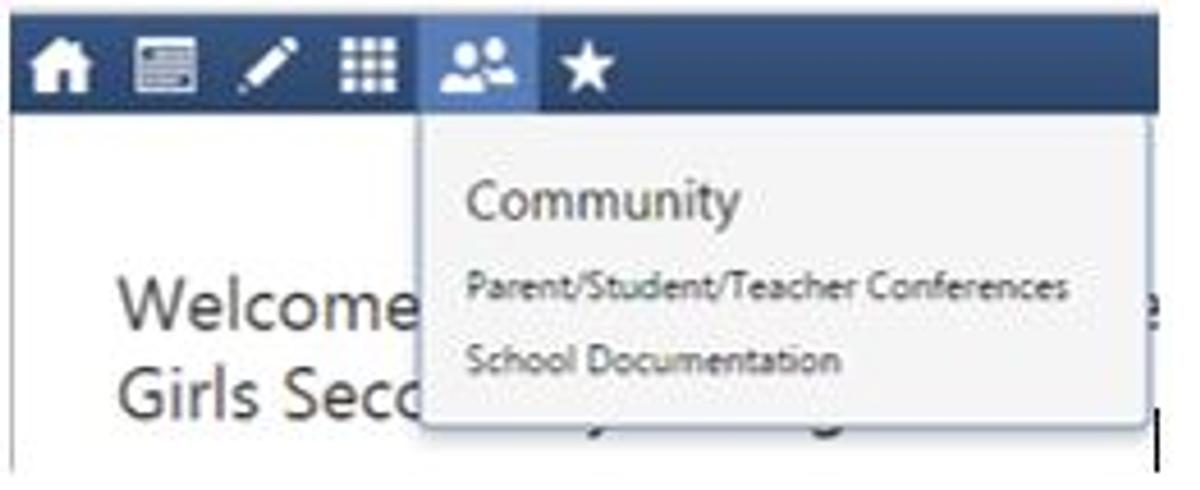

Please be mindful that each Learning Conference goes for 10 minutes only. If you would like to arrange a more in-depth discussion with a particular teacher, then please make another appointment with that teacher.
We look forward to seeing you at this event and discussing your child’s progress, learning and goals.
STUDENTS AS LESSON OBSERVERS
In October 2018 I began work on a project that focuses on training a group of students as lesson observers. My project builds on Dylan Wiliam’s research into formative assessment and the notion of ‘making the teacher’s hearing better and making the students’ voices louder’. Students are capable of profound insights into what happens in classrooms and my project aims to develop a way of drawing on our students’ perspectives in helping to improve teaching and learning at our school.
We started by exploring two questions:
According to Sophie, Caitlyn and Lizette these are some of the features of a good lesson and what ‘great’ and ‘effective’ teachers do.
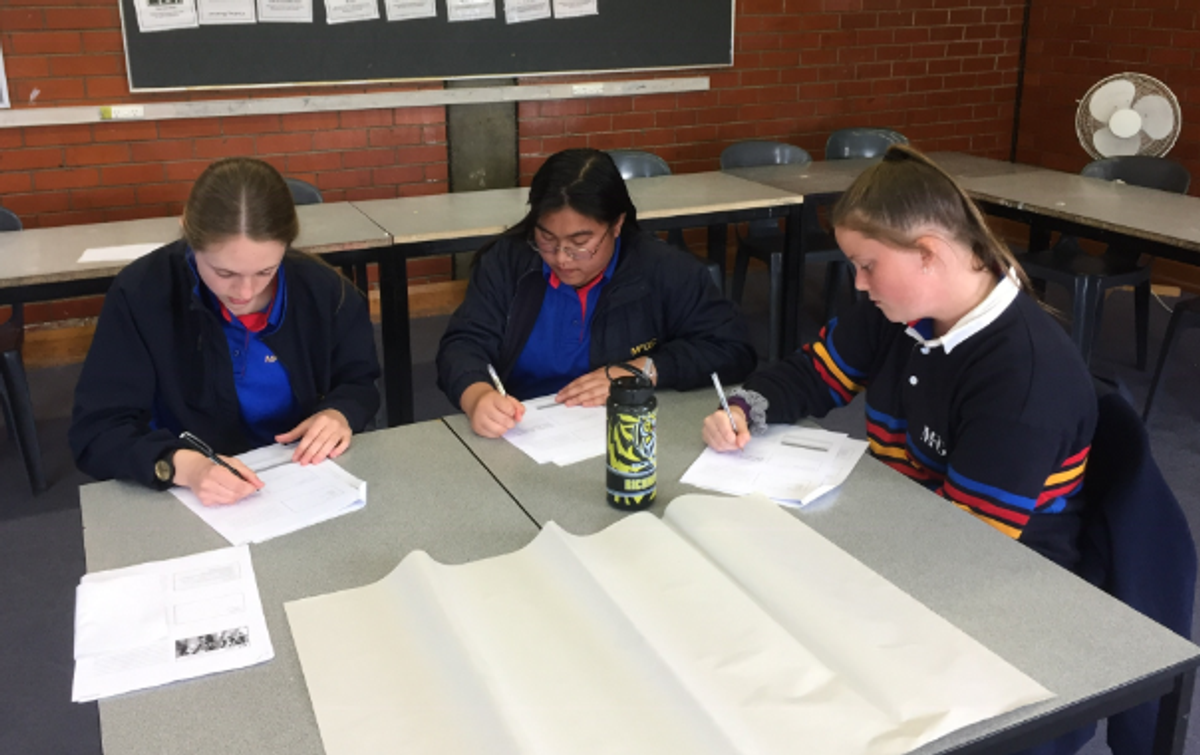

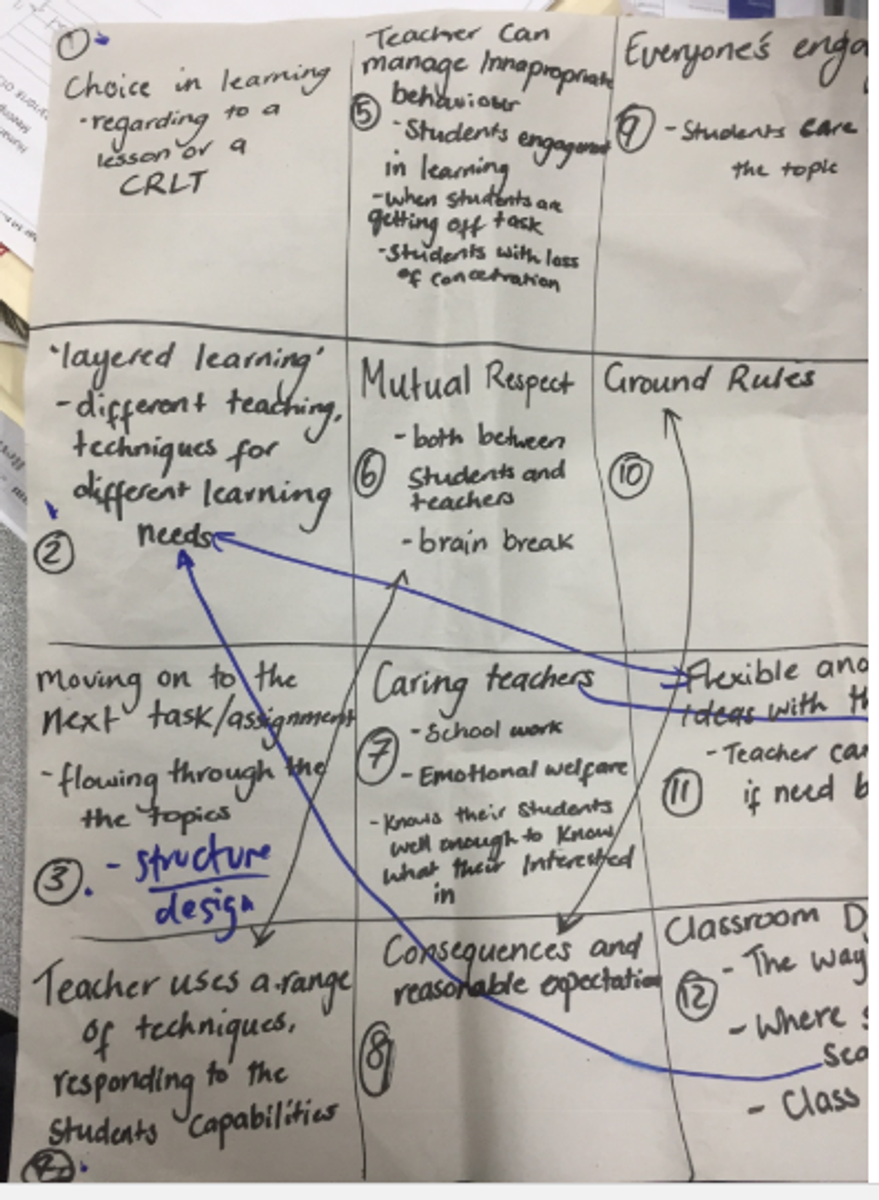
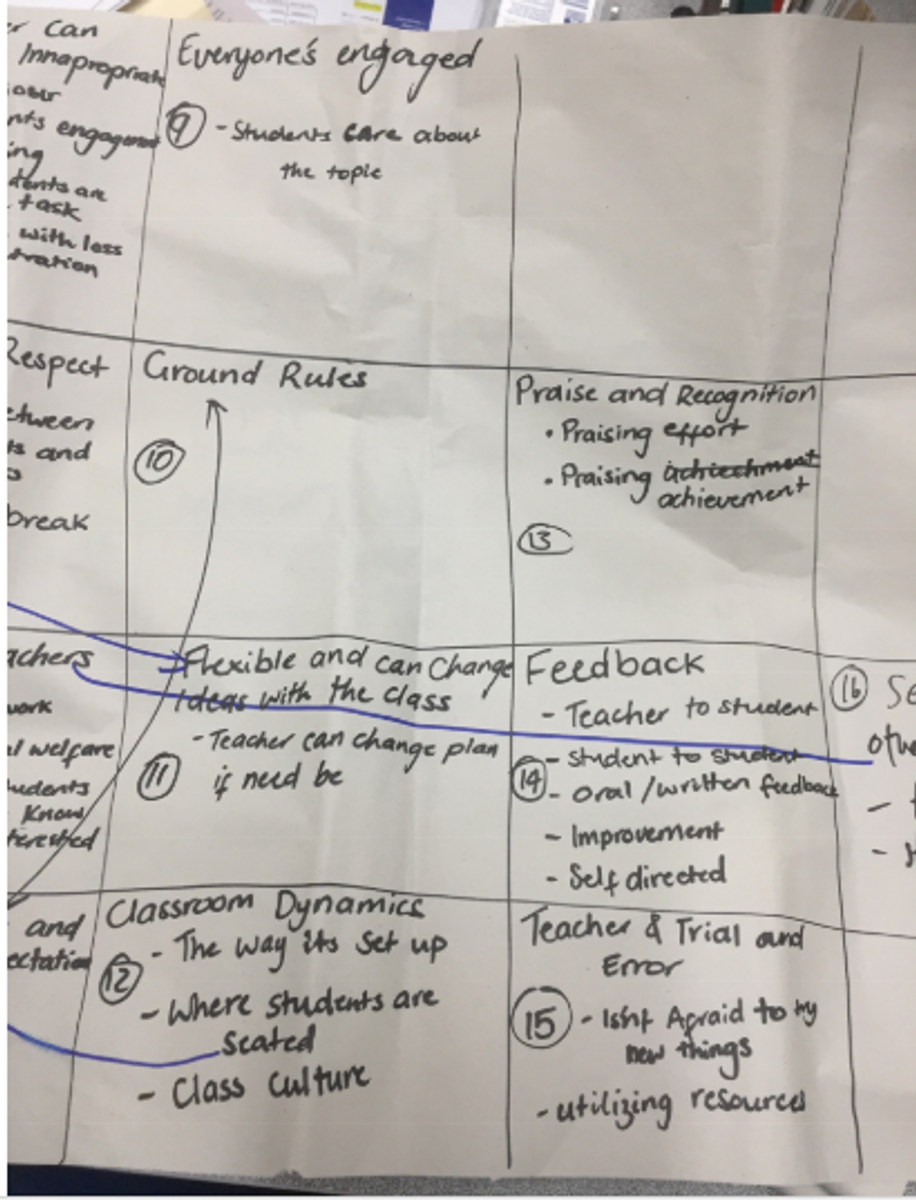


The team, with my support, then started developing each of those statements about the ‘characteristics of good lessons’ into something observable – that is the ‘evidence’ that you would see in classrooms relating to the 17 features.
In December last year we continued to develop statements about ‘observable evidence’ and then started our thinking about:
Last week I included this year’s Middle Years Captains into our team – Daisy, Mia and Nikitah. We started some practice observations using our agreed approach and then shared our observations and debriefed about the process.
Now the observations will begin, with the team using my classroom as their first chance to trial the observations.
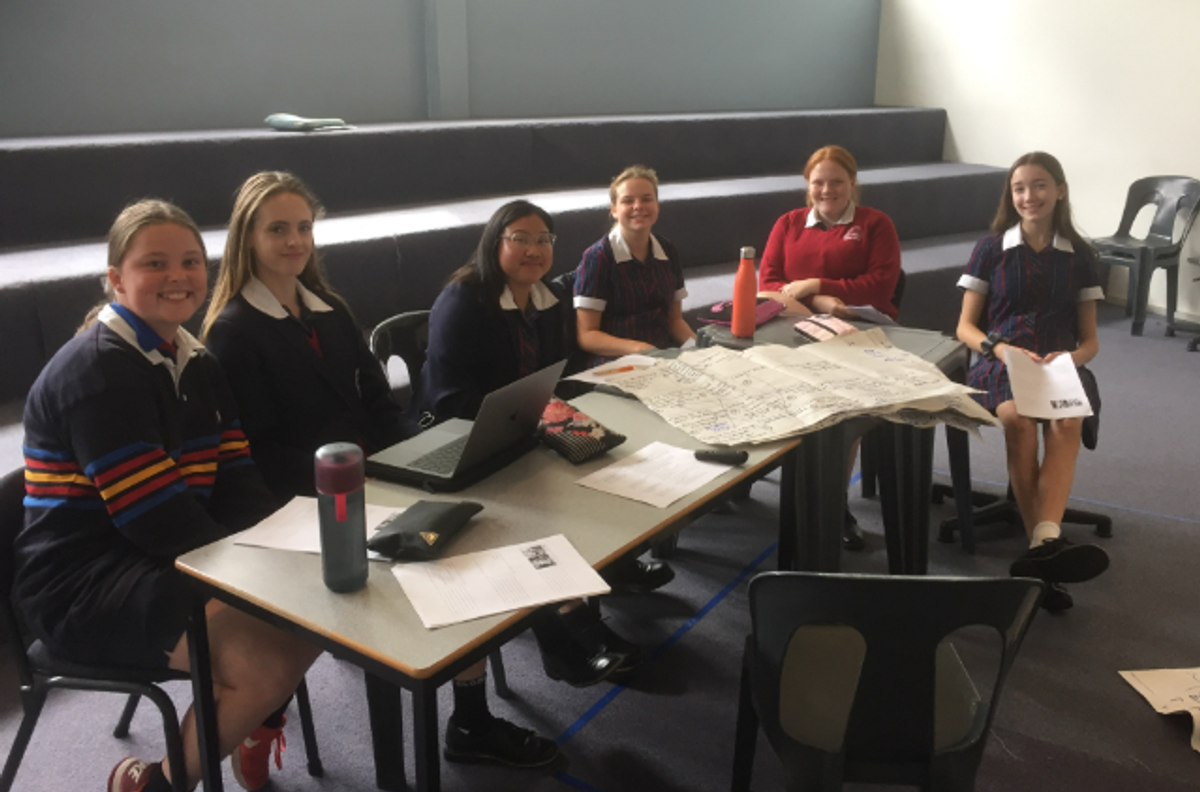

Teacher professional learning goals for 2019
This year all of our teachers have two professional learning goals which form their Performance and Development Plan:
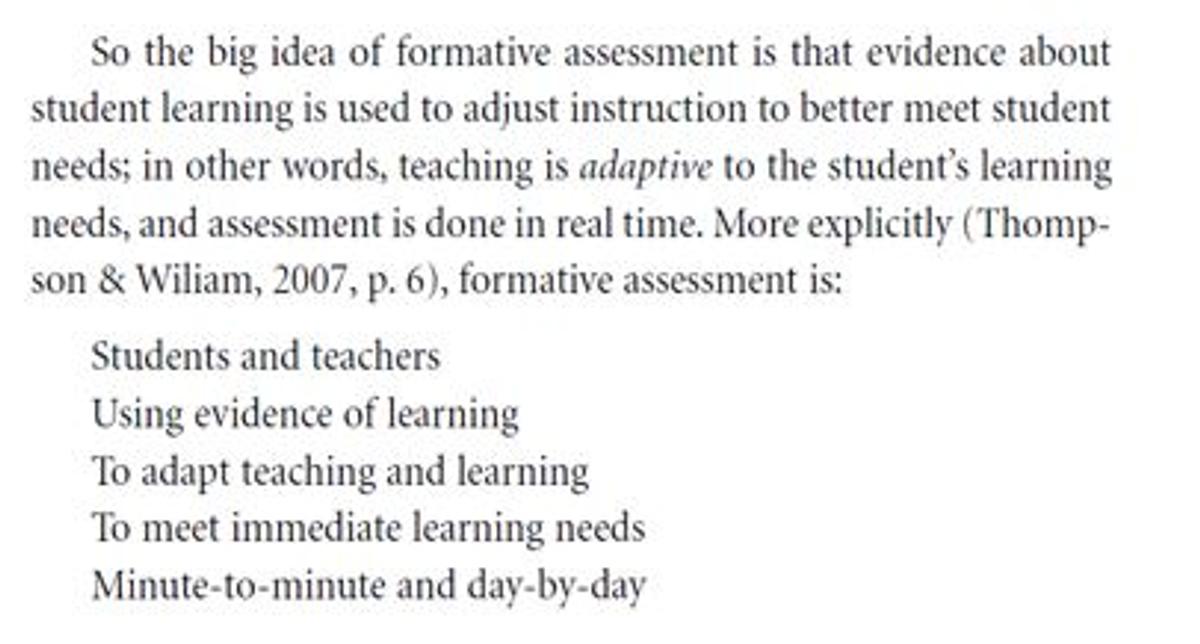

Our teachers’ focus is best represented by this diagram:
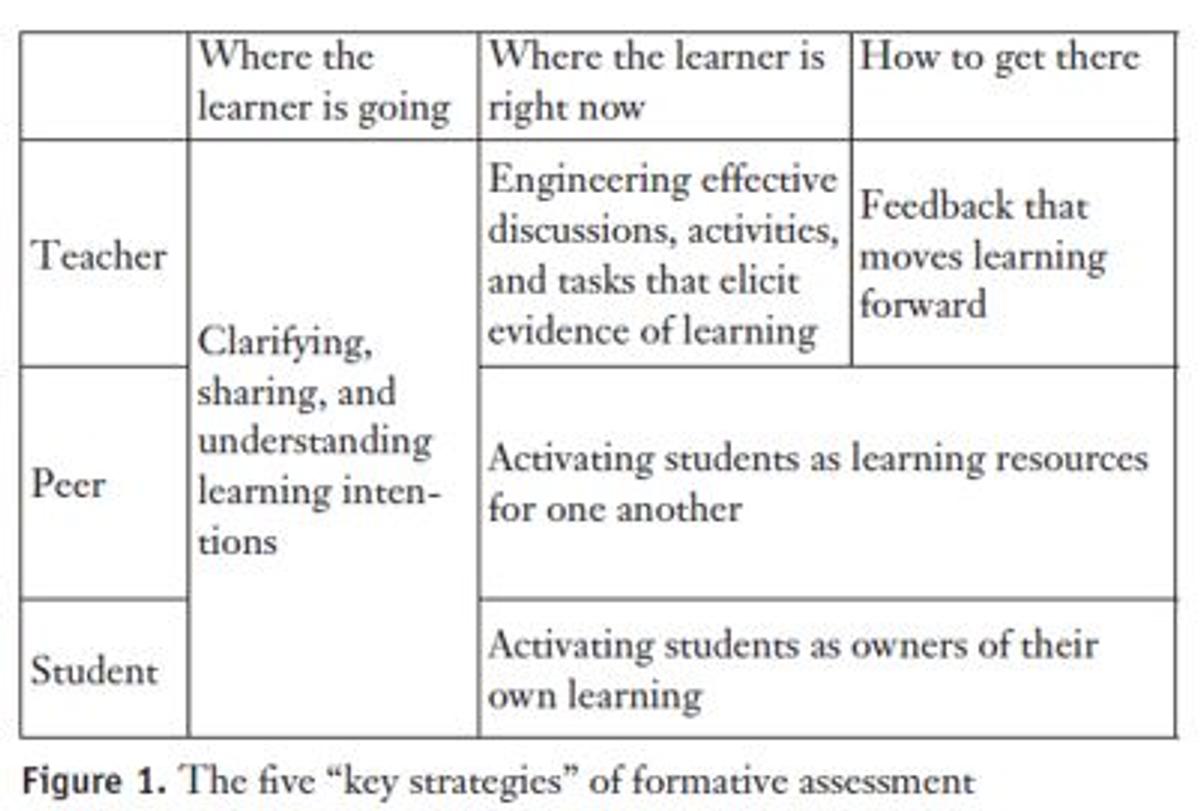

Our work in this area stems from the research and work of Dylan Wiliam, an international authority on assessment and teaching. Each of our teachers received a copy of one of Wiliam’s books in 2018 and are using this to guide their own individual focus and learning.
Goal 2: The 11 MFG traits. Each of our teachers is selecting one or more of the traits (see attached) and incorporating a focus on the trait(s) into their curriculum design and their teaching. This is an exciting new professional adventure for us. The first day back for staff involved a workshop which ‘dug deeper’ into one of the traits – ‘Deep thinkers who are curious and creative’.
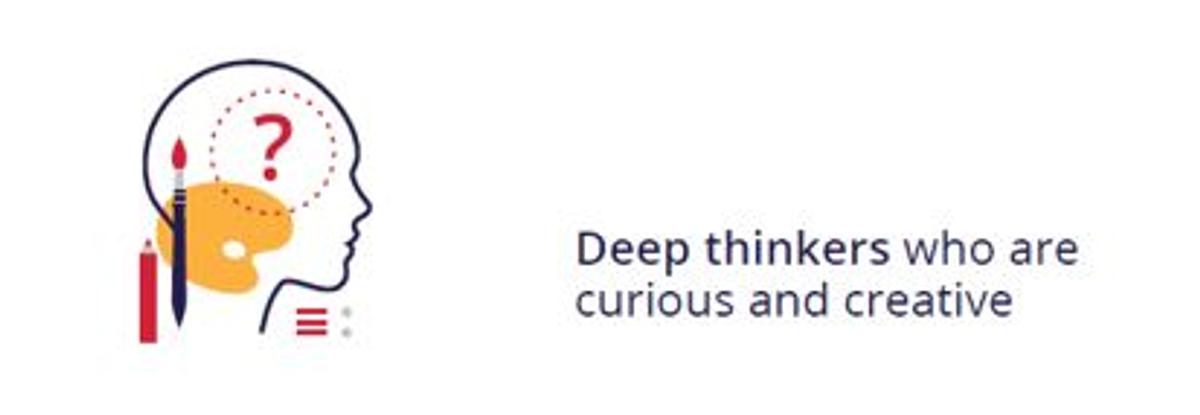

I look forward to sharing our progress with you and the difference that this focus is making to our students’ and our teachers’ learning.
Teaching the MFG Traits
The 11 MFG traits are attached above. This year will begin the journey for us in developing the ‘signature pedagogy’ for each of the traits which involves 4 steps for teachers:
1. DEVELOP REAL UNDERSTANDING OF THE TRAIT
What does this look like when students do it / demonstrate it / behave in this way?
2. ESTABLISH THE CLASSROOM CLIMATE
LANGUAGE - students/teachers
What Language and displays will support the development of the trait?
3. MANAGE THE LEARNING
How do we teach this trait? Strategies and specific techniques?
Resources to support the teaching and each trait’s development?
4. BUILD LEARNER ENGAGEMENT
How do we build learner engagement with it so they ‘own it’?
Humanities 2019
I also wear the hat of ‘Leader of Humanities’ - there are a few exciting developments this year in Humanities, sparked by the discovery of the grave of Matthew Flinders! The link to the article is below.